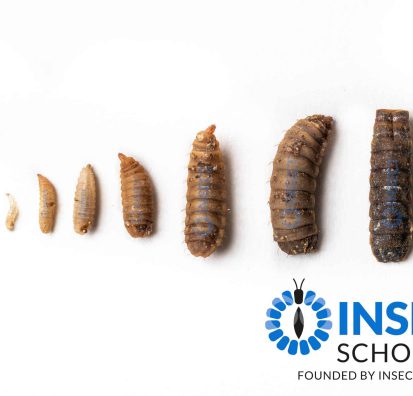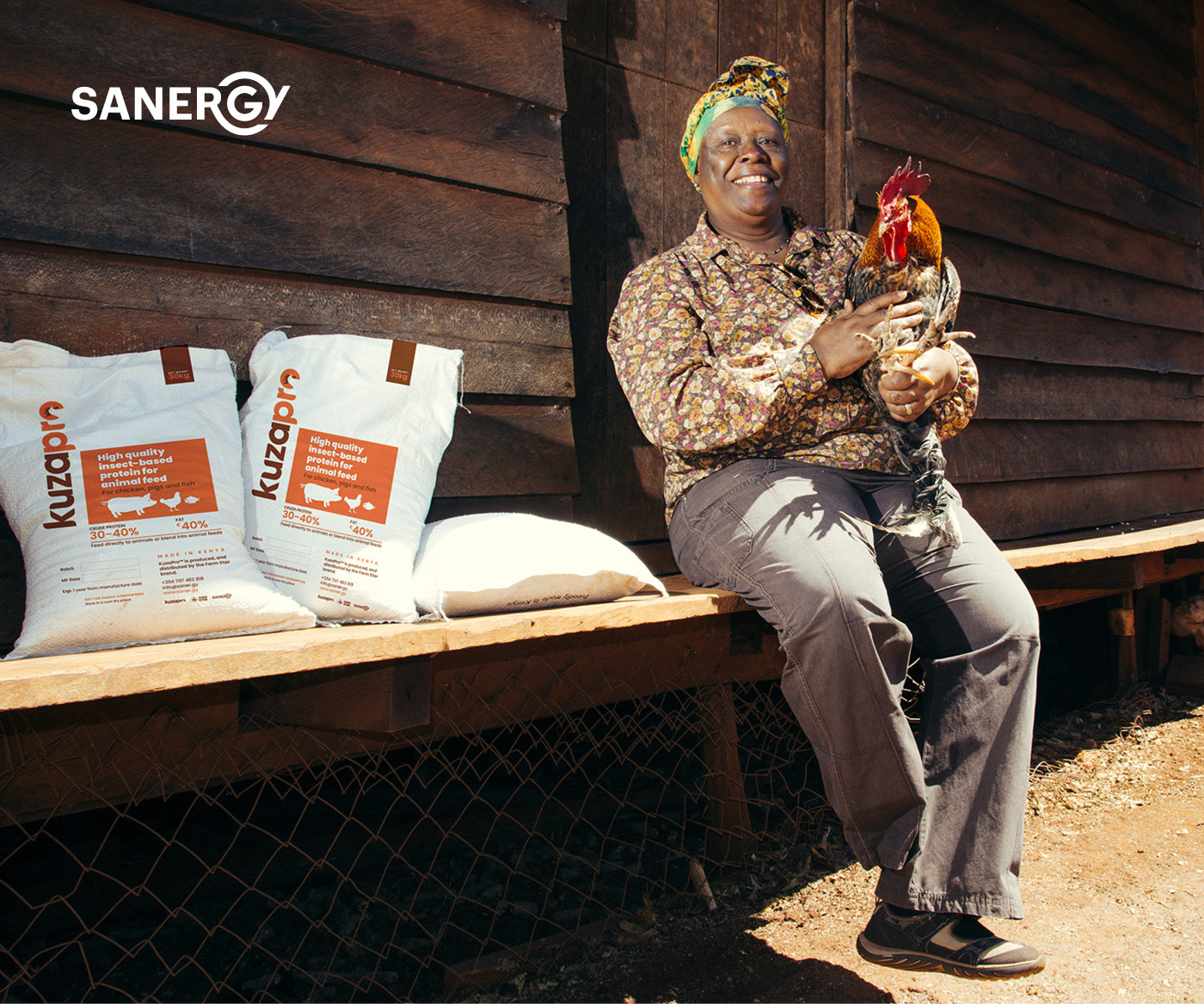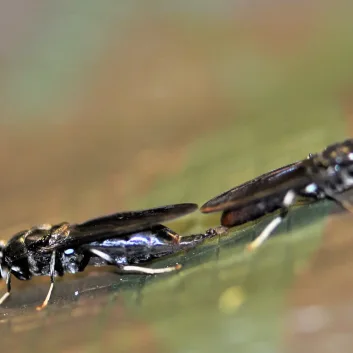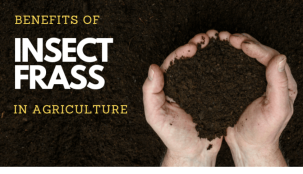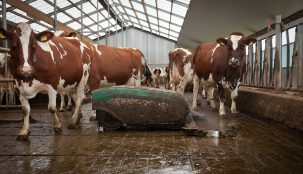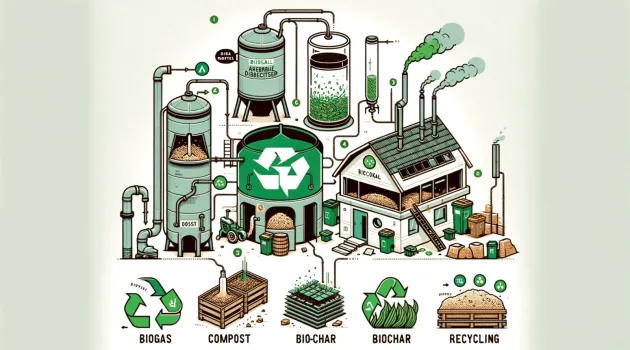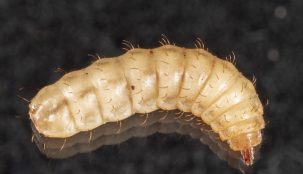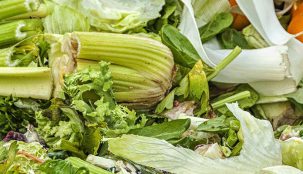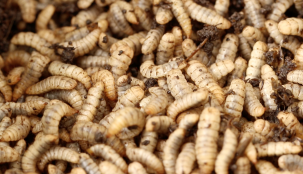Anaerobic digestion, a fascinating waste treatment
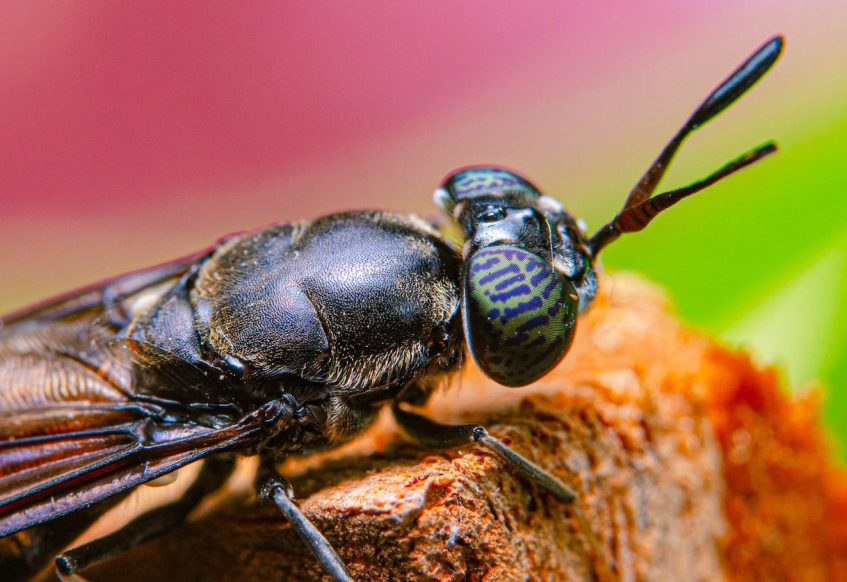
Anaerobic digestion, waste treatment process, is rapidly gaining attention for its potential to transform organic waste into valuable bio-methane, a renewable biofuel or energy source. This article looks at anaerobic digestion, focusing on its ability to produce bio-methane from insect frass and its applications in insect production facilities and agricultural practices.
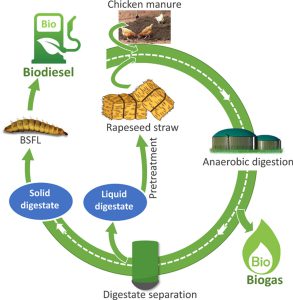
Understanding Frass: A Defined Biomass
Frass, as per the European Commission Regulation (EU) 2021/1925, is a composite mixture of excrements from farmed insects, their feeding substrate, insect parts, and dead insects within specified limits. Researchers have conducted comprehensive tests on six different insect frass samples derived from larvae fed on various materials, revealing the diverse potential of this biomass.
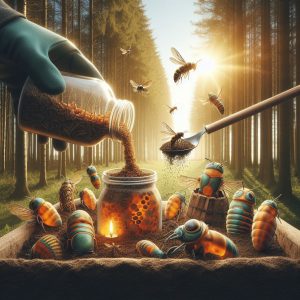
Methane Yield and Agricultural Residue Comparison
The specific methane yield (SMY) of insect frass samples, ranging from 201 to 287 mL/g VS, positions them in a comparable range to residues from traditional livestock farming, such as cattle manure, pig manure, and chicken manure. Black Soldier Fly (BSF) larvae frass, particularly when fed on water-seeds, demonstrated the highest methane yield among the tested samples. This opens up new possibilities for utilizing insect frass as a valuable substrate for methane production.
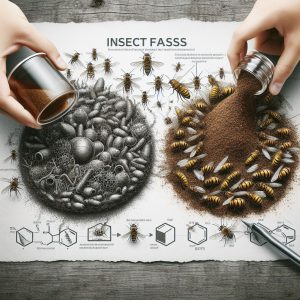
Addressing Corn Silage Shortages in Biogas Plants
In agricultural biogas plants in Germany, corn silage has been a staple substrate alongside cattle manure. However, recent drought years, specifically in 2021 and 2022, led to corn silage shortages in certain regions. The scarcity adversely affected annual energy production and profitability for dairy farming and individual biogas plants. The solution may lie in alternative agricultural residues like BSF frass, offering a potential replacement for corn silage feedstock during periods of low substrate supply.
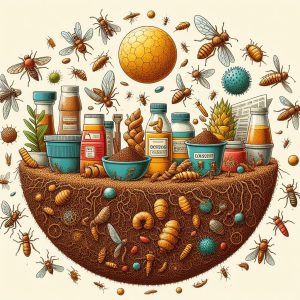
Energy-Efficient Hygienization of Insect Frass
Utilizing insect frass in agriculture requires proper sanitization, traditionally achieved through processes like heating, pelleting, or extrusion, which demand substantial energy input. Researchers, led by Wedwitschka et al. (2023), propose a thermophilic (38 Celsius) digester system as a potential energy-efficient solution for hygienizing BSF frass. This innovative approach, with or without an additional composting stage, could revolutionize the sanitization process, making it more sustainable and cost-effective.
Anaerobic digestion stands at the forefront of waste treatment innovations, offering not only a solution for organic waste management but also a pathway to sustainable energy production. The potential of insect frass in bio-methane production, coupled with its applications in addressing substrate shortages in biogas plants, showcases the versatility and importance of this waste treatment method. As researchers continue to explore and refine anaerobic digestion processes, it is evident that the future holds promising advancements in waste-to-energy technologies, contributing to a cleaner, more sustainable planet.
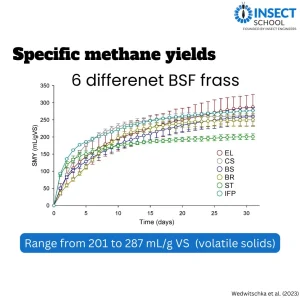
For more information about
- Insect bioconversion of waste, please contact us at the Insect school. https://www.insectschool.com/
- Turnkey insect farms – https://www.insectengineers.com/bsfturnkey/production
If you would like to book BSF industry keynote speaker Bob Holtermans for your event – https://www.insectengineers.com/about-us/speaker-bobholtermans
